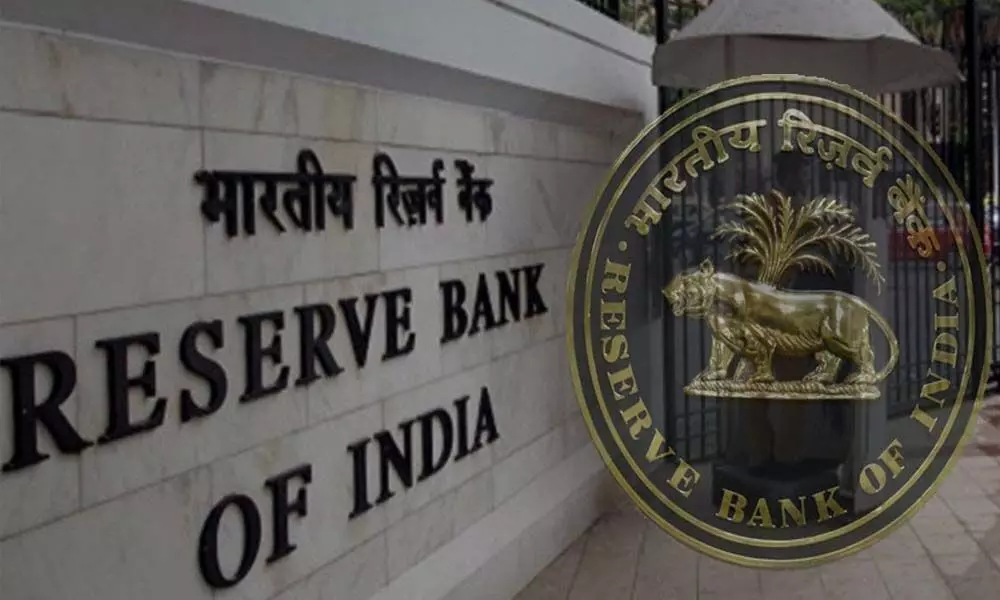RBI to absorb surplus liquidity through 4 more VRRR auctions
The Reserve Bank of India (RBI) will conduct four variable reverse repo rate (VRRR) auctions of Rs 13 lakh crore in the fortnight beginning August 13 till September 24, to absorb surplus liquidity from the banking system.
image for illustrative purpose

Mumbai, Aug 6 The Reserve Bank of India (RBI) will conduct four variable reverse repo rate (VRRR) auctions of Rs 13 lakh crore in the fortnight beginning August 13 till September 24, to absorb surplus liquidity from the banking system.
Under the revised liquidity management framework announced on February 6, 2020, the RBI has been conducting 14-day variable rate reverse repo (VRRR) auctions as its main liquidity operation. With the commencement of normal liquidity operations, the VRRR, which was temporarily held in abeyance during the pandemic, has been re-introduced since January 15, 2021.
RBI Governor Shaktikanta Das said that the enhanced VRRR auctions being announced now should not be misread as a reversal of the central bank's accommodative monetary policy stance, as the amount absorbed under the fixed rate reverse repo is expected to remain more than Rs 4 lakh crore at end- September 2021.
The quantum of VRRR will increase by Rs 50,000 crore with each auction. The first VRRR will be for Rs 2.50 lakh crore, the second (on August 27) will be for Rs 3 lakh crore, the third (on September 9) will be for Rs 3.5 lakh crore, and the fourth will be for Rs 24 lakh crore.
Markets have adapted and even welcomed the VRRR in view of the higher remuneration it offers relative to the fixed rate overnight reverse repo. Fears that the recommencement of the VRRR tantamounts to liquidity tightening have been allayed, Das said.
The surplus liquidity in the banking system was at Rs 8.5 lakh crore as of August 4.
In addition, RBI proposes GSAP operations of Rs 25,000 crore each in two more instalments. The purchase of G-Secs will be across the yield curve and help to maintain the yield curve of bonds.

